I often call Windows 11 the "latest and greatest" operating system from Microsoft. It's a cliché phrase to refer to the newest version of something, but I also use it because I generally believe that Microsoft does deliver some good with new versions of its OS. But as positive as I like to be when talking about Windows, it's hard to overlook the fact that many aspects of the Windows experience seem to get worse with every other update. Microsoft can't go a few months without trying to shove something annoying down users' throats, and it gets frustrating.
That's to say nothing of the apparent lack of quality control that Windows seems to go through a lot of the time. So many updates are broken and cause major issues that it often seems like the company really just doesn't care about any problems users face. Everyone buys and uses Windows anyway, so Microsoft has become lenient. But that paradigm feels like it's starting to change, and if Microsoft doesn't get its act together, Windows is going to start losing its stranglehold on the PC market.
The end of user freedom
Starting with Microsoft account requirements
When Microsoft held its presentation introducing Windows 10 back in early 2015, CEO Satya Nadella said "We want to move from people needing Windows, to choosing Windows, to loving Windows". Unfortunately, that mindset seems to be gone from Microsoft these days, and the company is increasingly coasting on the fact that a lot of people just need Windows, whether it's because it's what they know or the apps they use are only available there. Microsoft takes its users for granted.
Windows 8 first introduced the ability to sign in with a Microsoft account, and with Windows 10, it became mandatory for Home edition users — with a simple workaround. Simply disconnecting from the internet would give you the option to bypass the Microsoft account, so you could actually use your PC if you needed it.
With Windows 11, Microsoft doesn't care anymore, and it's been actively hunting down any methods users might rely on to avoid using a Microsoft account and internet connection during setup. The requirement for a Microsoft account is now applied to Pro editions of Windows 11, too, and Microsoft has been trying harder and harder to crack down on workarounds like disconnecting from the internet. Each major update seems to try and remove another known solution to this. Forcing users to create an online account by all means necessary is infuriating to many, and understandably so.
See, Microsoft seems to be following standards set by platforms like Android or iOS, where you're also pushed to sign in with the respective company's account system. But for one thing, those platforms defined the mobile landscape early on, so it's not as much of a paradigm shift, and for another, 99% of users buying an Android phone or iPhone are downloading apps from the respective app stores. That's just the way it always worked, and an account system makes sense so users have a purchase history and all that. Windows didn't require an online account until relatively recently, and most Windows users are still downloading apps just by using the web, not the Microsoft Store. Using their Microsoft account has very little in the way of tangible benefits that most people would recognize immediately. It makes sense why people would rather avoid this if they can.
Constantly pushing unwanted features
Why is Copilot still a talking point?
I always celebrate when Microsoft adds a new feature to Windows 11 that's legitimately useful and helps people be more productive, but most of the time Microsoft introduces changes to its platform these days, it's because the company wants to force some new vision or feature on its users, even if they don't truly care about it.
In 2023, it was Copilot. We got the Copilot button on the taskbar, a whole sidebar just for it with the ability to change some Windows settings, a new keyboard shortcut. Mind you, no one wanted any of this, but it was rolled out very quickly in an unfinished state and kept getting updates. Copilot is still being pushed today in all kinds of ways. There's no sidebar anymore, but the Copilot app is still in Windows, and Microsoft has even made it run natively on the platform rather than a web app, plus working on features like Copilot Vision and the like. Meanwhile, a video editor like Clipchamp is still web-based with no signs of that changing anytime soon, even when it could greatly benefit from native performance.
2024 was the year of Copilot+, which was another excuse to throw all kinds of pointless features at the wall. Now, your PC can restyle your photos and images, or change their background, or make it seem like you're staring directly at the camera even when you look away. You can ask Paint to upscale your photos with AI, or use Recall to travel back in time to what you were doing in the past. Recall is probably the most theoretically useful part of Copilot+, but even then, Windows tablets used to have an easy gesture for opening the notifications panel, and that gesture now launches Recall instead by default. Was anyone asking for this? I don't think so.
This kind of push for unwanted features just kind of seems to permeate Windows. OneDrive is integrated more and more deeply into the OS, and backups are enabled by default with no user input during the initial setup. A good feature, except OneDrive only offers 5GB of free storage, and it's very easy to run into that limit when backups are automatic. It just ends up feeling like a way to sell you a Microsoft 365 subscription. Copilot and AI features have also invaded Notepad and take away from what was once a simple and fast way to take quick notes. It's like everything Microsoft does is trying to get you to use something you don't want.
Problematic updates
The issues are far too frequent
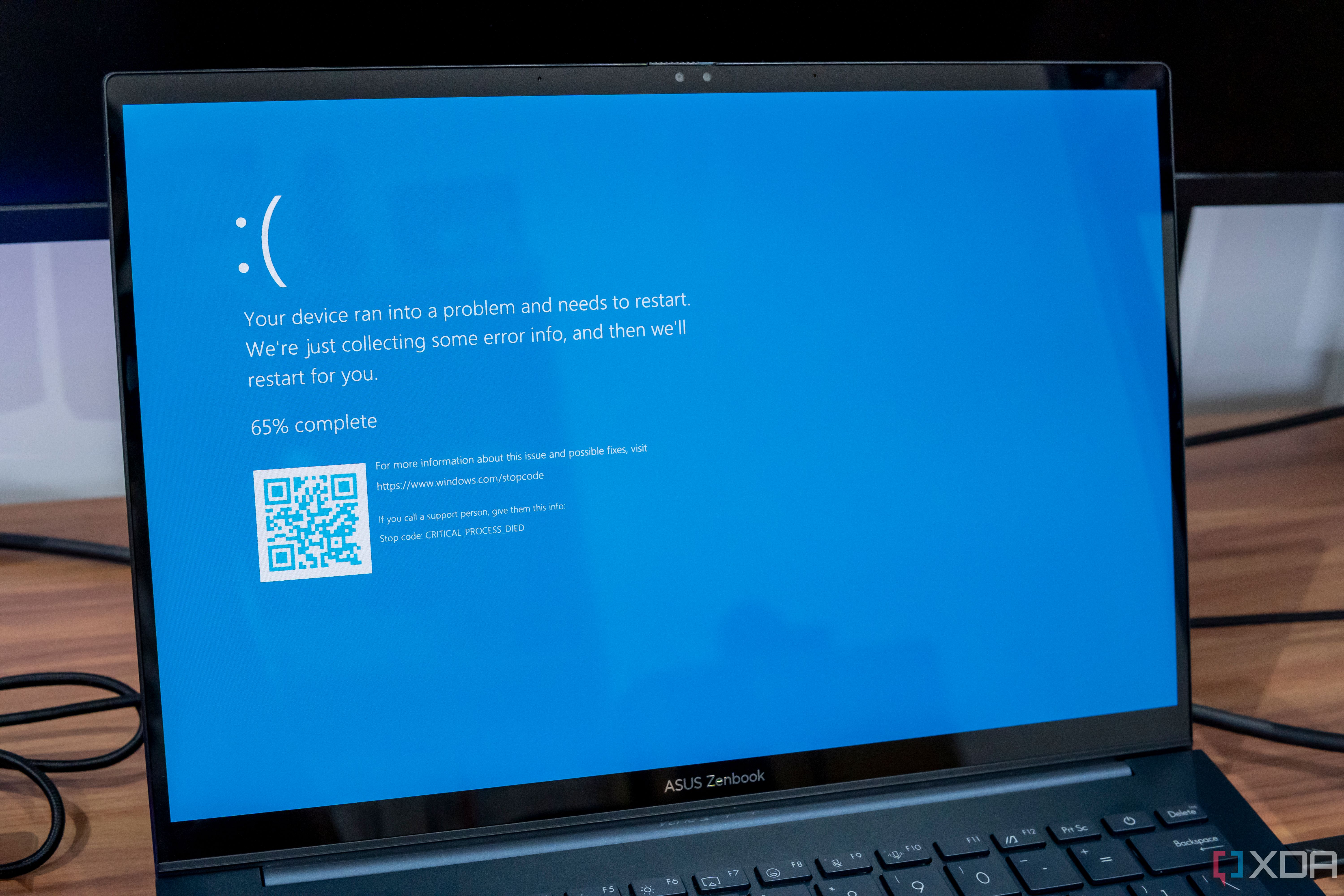
Adding insult to injury, many Windows updates these days are problematic in terms of stability, which I've talked about recently. It's almost impossible for a new Windows update to be released without some subsequent reports talking about issues it caused for users, breaking functionality they rely on for work, or simply making things more inconvenient. It's to a point where you're better off pausing updates and waiting until the issues are fixed to accept them.
Just taking a quick look at XDA's recent history, we've reported that the May update for Windows 11 was causing some PCs to be unable to boot. In April, we reported issues with Windows Hello and some PCs experiencing BSODs after the latest update. Also in April, users found an error in Windows 11 version 24H2, which caused a very specific bug in Grand Theft Auto: San Andreas to resurface after nearly two decades.
It just goes to show it's not just a matter of preference. Windows isn't getting worse by just forcing users to use certain features, quality control is legitimately going down. Windows is simply a vehicle for Microsoft to sell its other products and services, and you could argue that's the case for platforms like Android and iOS, but those platforms still understand that to make users want to use your products, you have to make products they want to use.
Windows is in a rut, and it's not trying to get out
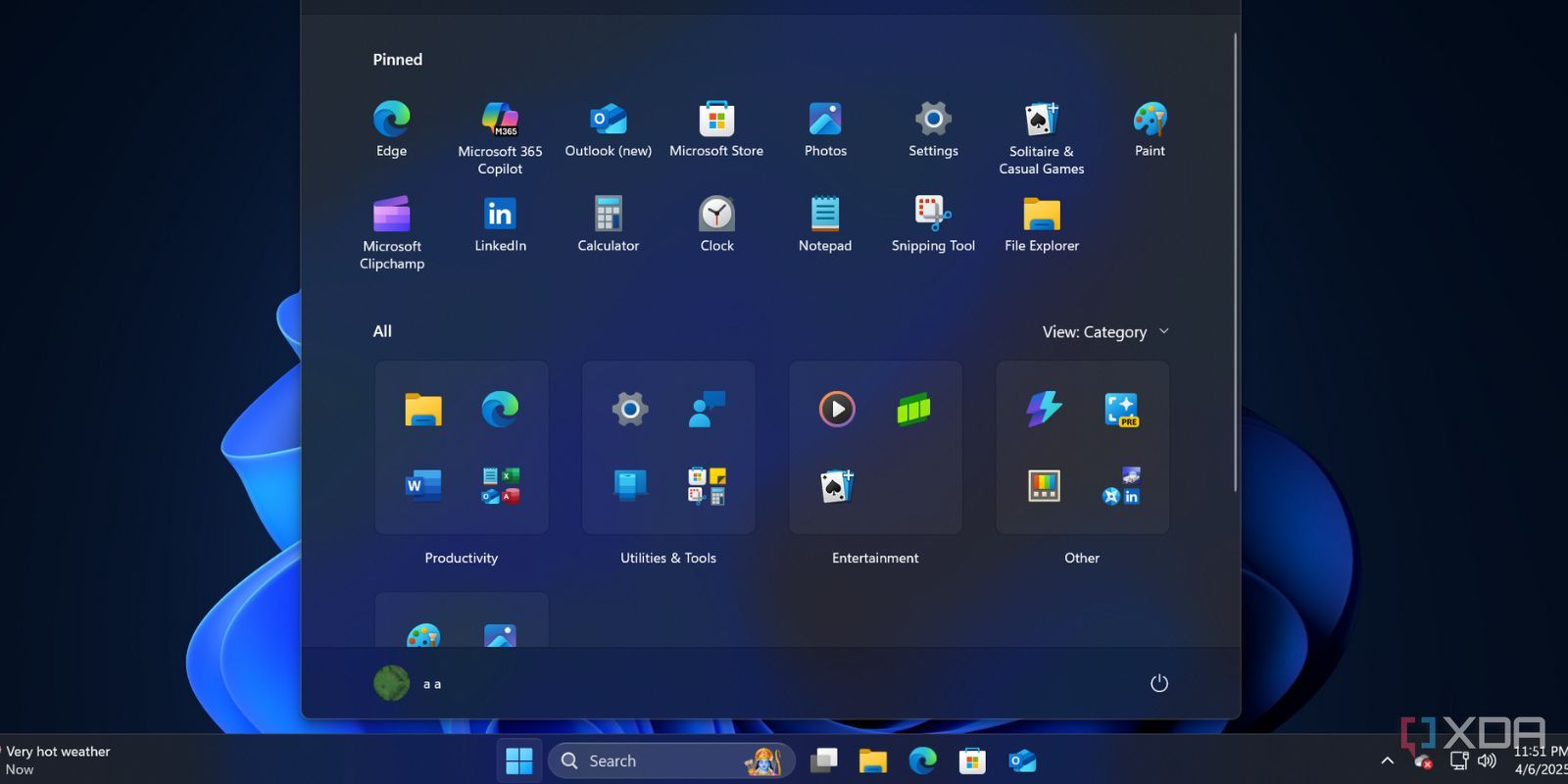
It's not the first time Windows finds itself in a position where users see it as antagonistic to their needs. Previous versions like Windows Vista and Windows 8 also felt very tone deaf, and Microsoft managed to turn things around eventually. But we're nearly four years into Windows 11's presence on the market, and it doesn't feel like the company has done a ton to address user feedback. Every now and then, you get a glimmer of hope. The redesigned Start menu that was recently spotted is a genuine improvement over what we currently have. But it's also coming pretty late after years of complaints, and it's one change in a sea of other problems.
Microsoft seems happy with where Windows is headed, and I'm not sensing a big change in direction anytime soon, especially when visionaries like Panos Panay are let go from the company. I don't believe anyone at Microsoft has a grand vision for Windows. It's just there to give users a way to give Microsoft more money, data, or both. But I'd love to be proven wrong.
.png)
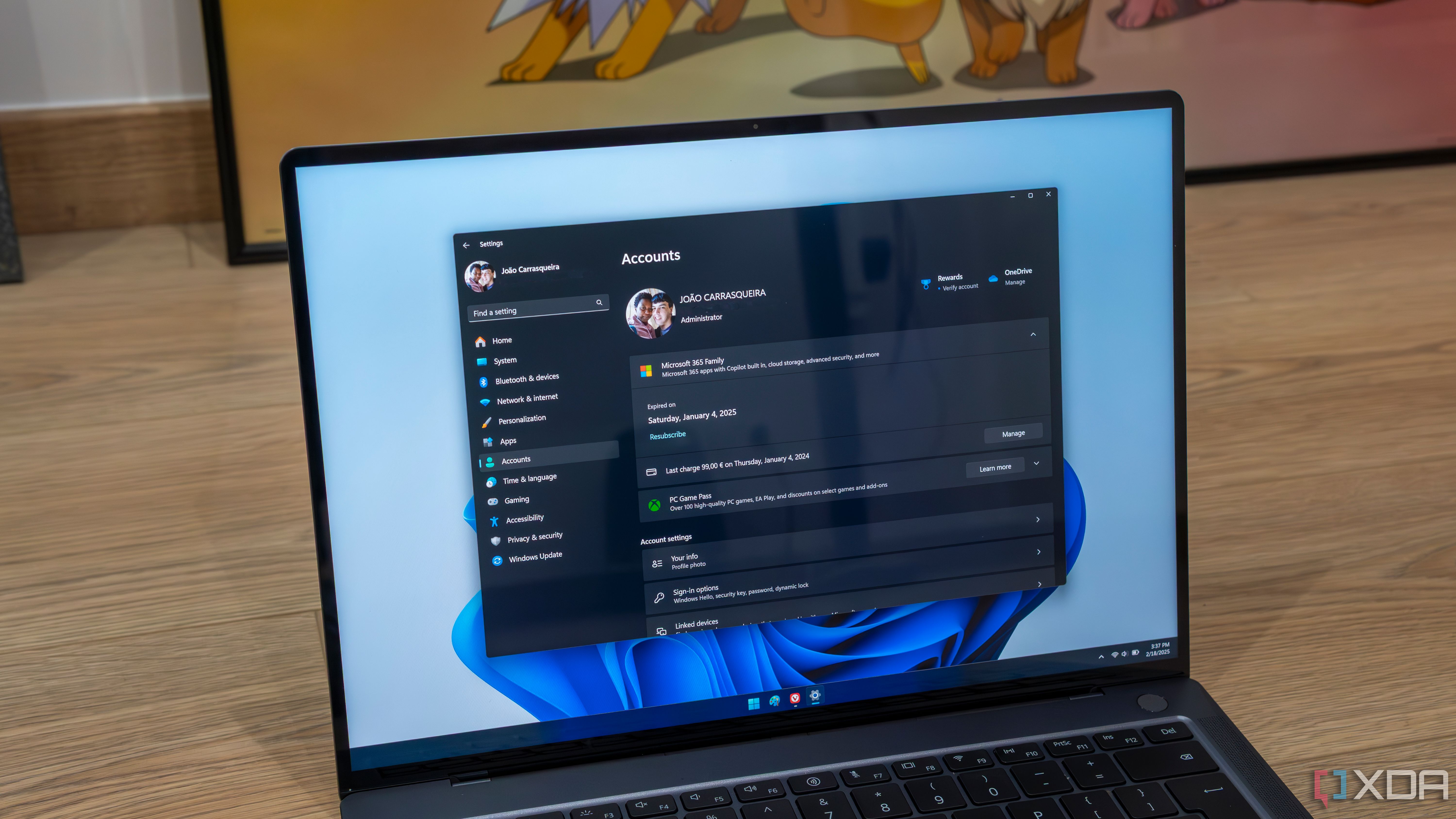
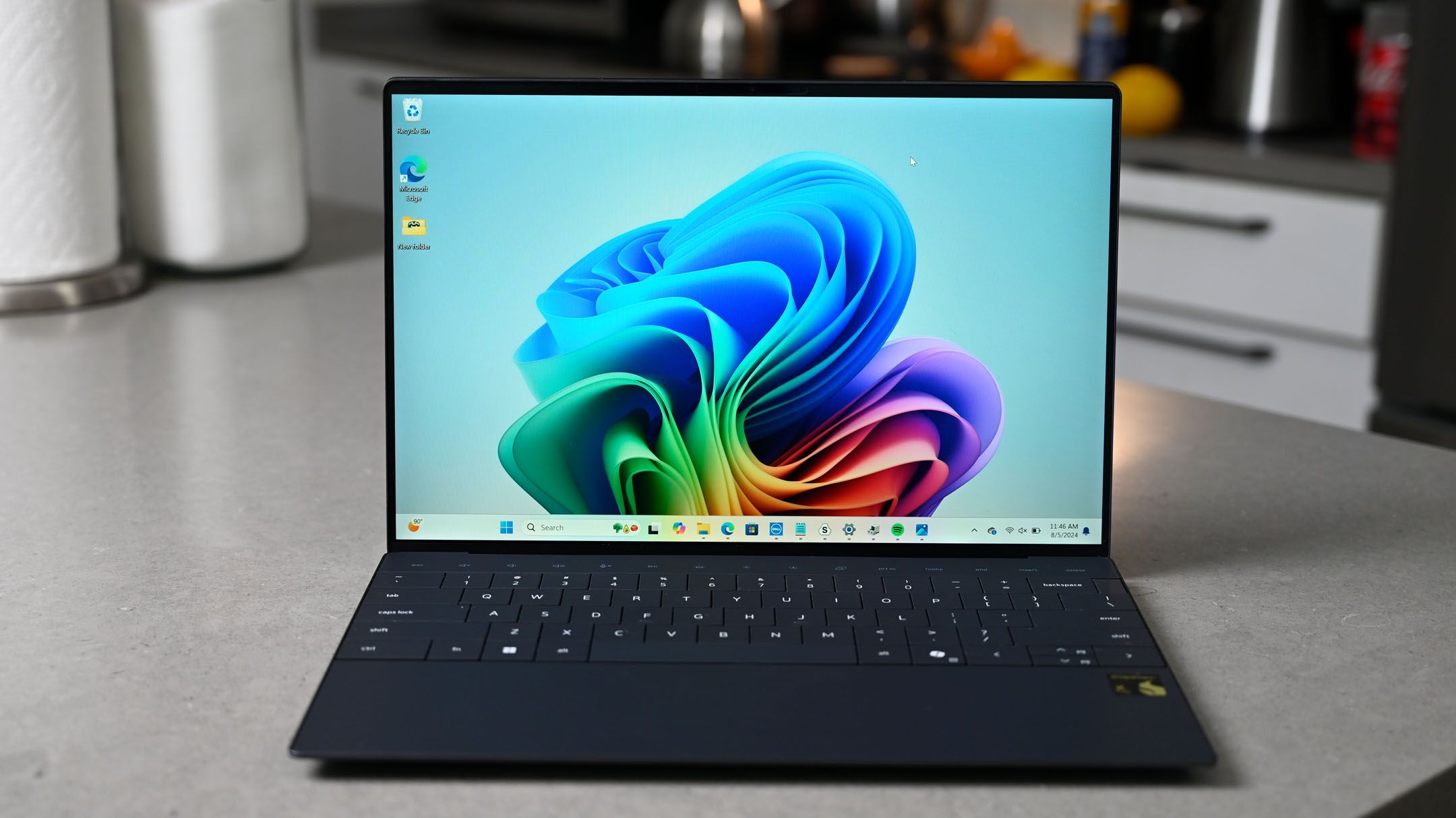
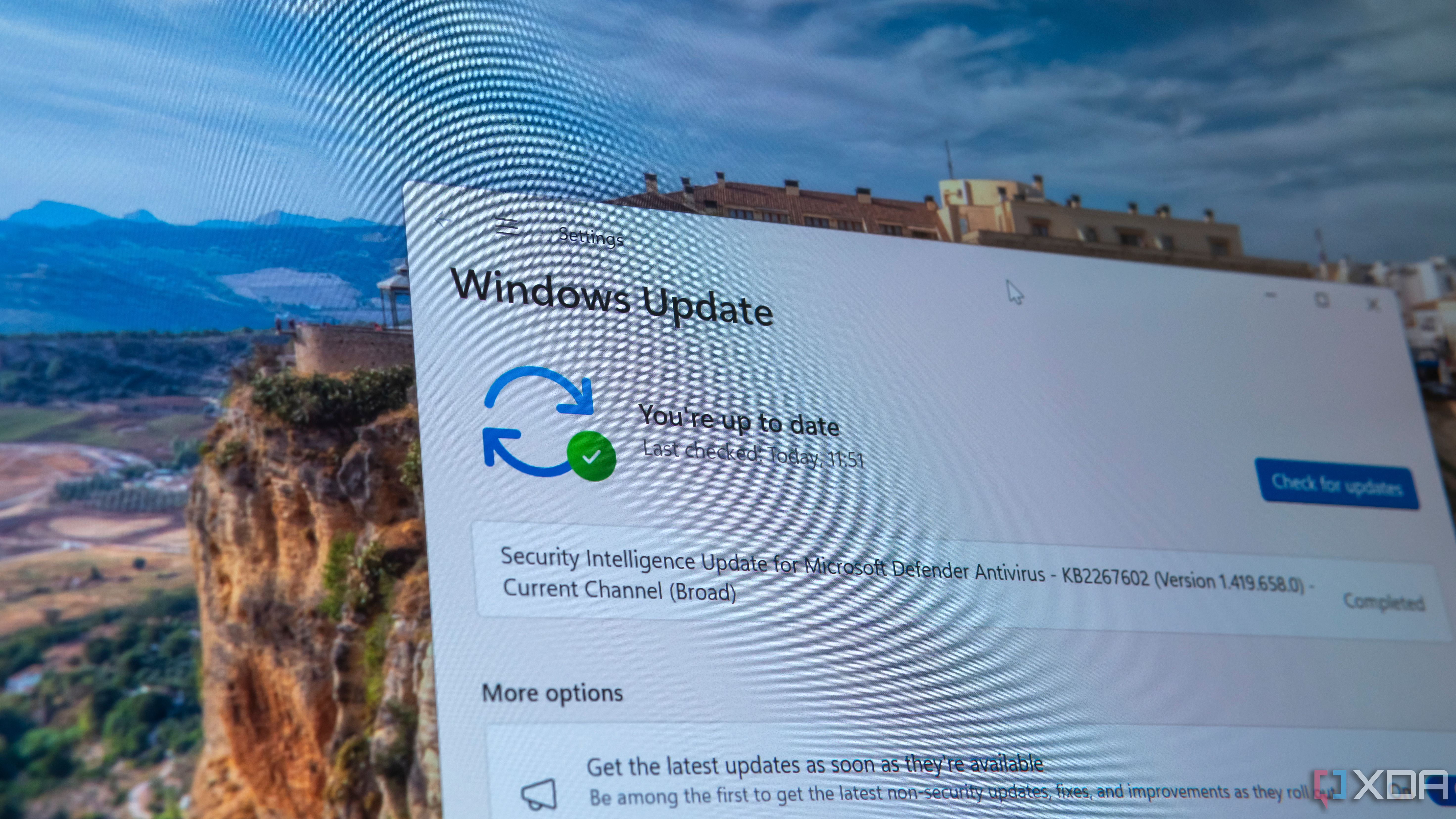





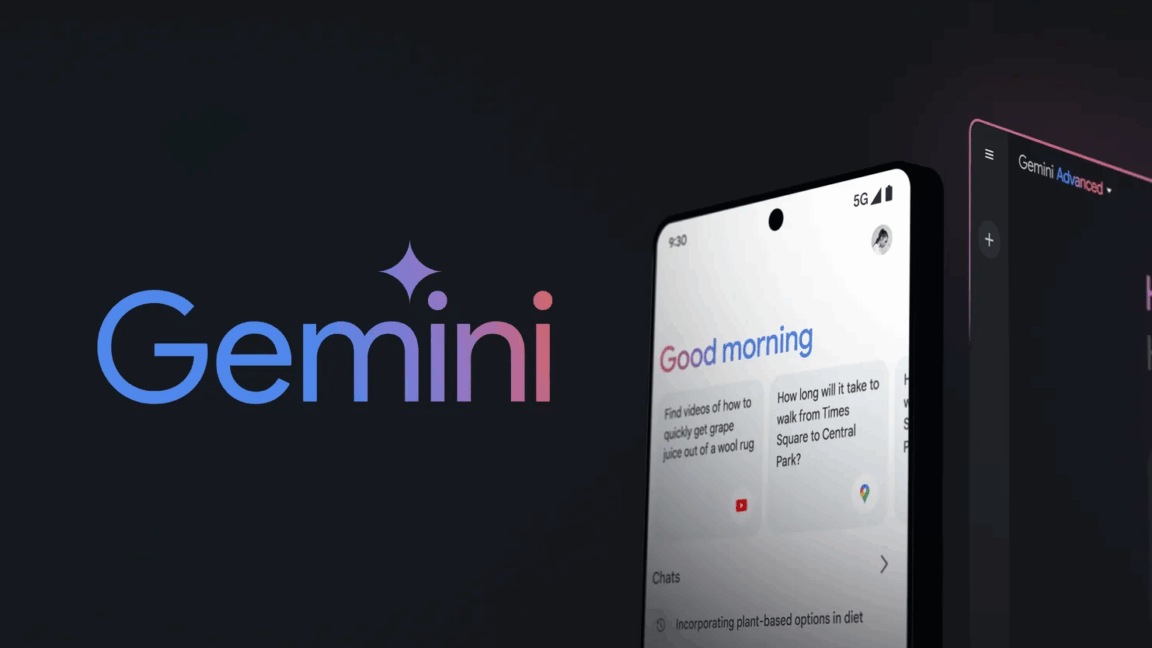





 English (US) ·
English (US) ·